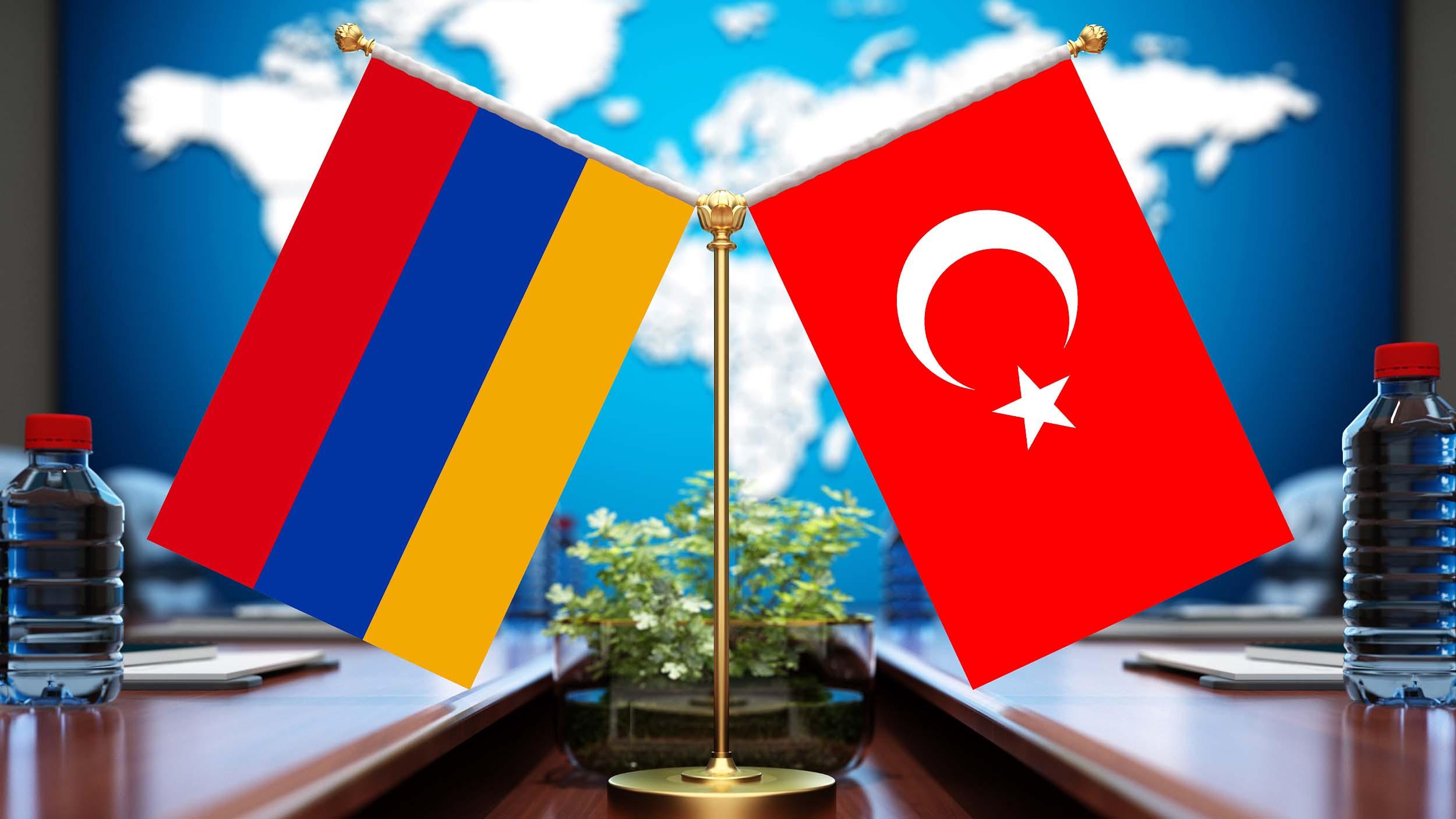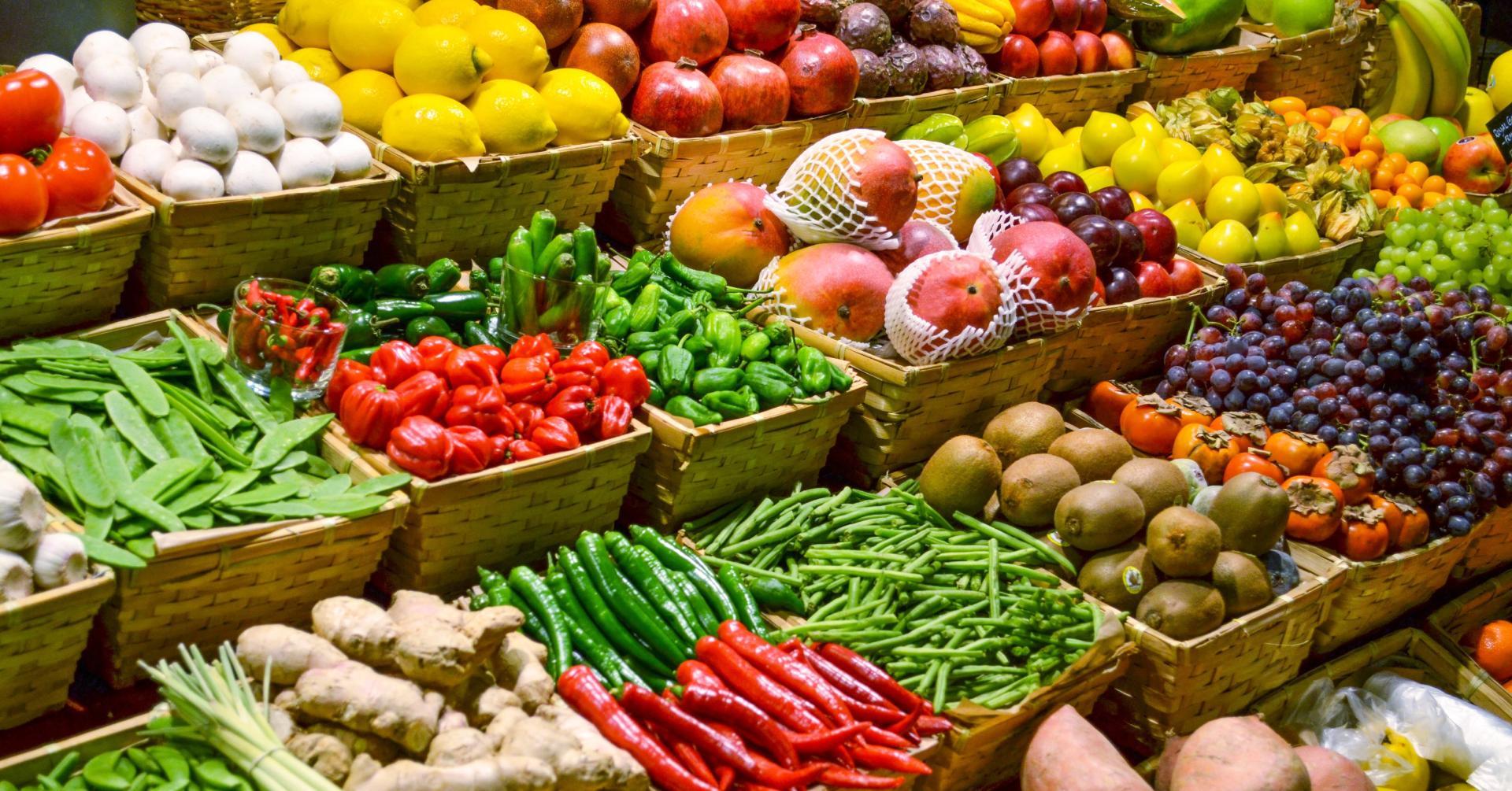Armenian economy suffer losses due to Turkish exporters? Yerevan’s abnormal fear
Armenia’s hatred of everything related to Turkey during decades is illogical and there are such doubts whether Armenia has an idea about doing business.
About three months have passed since the Armenian government lifted the embargo on the import of Turkish goods, however, Armenia is dissatisfied with the increased competition and is looking for threats of dependence on the Turkish economy. Nevertheless, proceeding from the Armenian realities, local producers are unable to compete with any import, moreover, the positions of Armenian exporters have greatly weakened amid the devaluation of the Russian ruble. However, the Armenian most sensible representatives of government and businessmen do not see an alternative to the process of normalizing business ties with Turkey and Azerbaijan.
Despite there are no official trade relations with Turkey, Armenian businessmen have managed to establish some trade relations with its western neighbor over the past 30 years, although through the mediation of third countries.
Until recently, Armenian importers were actively trading with Turkey through neighboring Georgia, and this business flourished due to affordable logistics, fast delivery, the ability to import small batches and pay in installments.
Approximately 50 percent of all clothes and shoes were supplied to Armenia from Turkey, and the share of import of electrical goods, building materials, and food was huge.
When assessing the statistics of the pre-war years, on average, Turkish goods worth $250-270 million were supplied to Armenia per year, and this reached only 0.14 percent of total Turkish import volume.
On the contrary, these trade relations ensured over six percent of the total trade turnover for Armenia having weak economy, not to mention that high-quality and relatively cheap Turkish goods were in great demand among retail consumers.
In turn, Armenia supplied raw fur and leather, scrap metal, and a small volume of food products to Turkey through third countries. However, Armenia’s supplies hardly reached 1 percent of the mutual trade turnover.

However, these trade relations were broken after the Armenian government imposed a ban on the import of Turkish products in October 2020, and formulated this decision in the form of a six-month embargo on the supply of Turkish goods since January 1, 2021.
The embargo was extended again in late June 2021, moreover, the ban on trade with Turkey referred to the goods imported by individuals for personal use.
However, Turkey even did not notice Armenia’s emotional action, taking into account the scale of its foreign trade (Turkish export volume in 2021 exceeded $225 billion, an increase of 32.8 percent) and, on the contrary, these actions caused great damage to Armenia itself.
Armenia's transport isolation does not allow it to replace Turkish goods with similar products from the Southeast Asian region, while the delivery of goods from expensive Europe and the US turned out to be even more problematic.
More goods were supplied from Iran, however, as Armenia suspects, some Iranian imported goods are the Turkish goods, but re-labelled.
Armenia’s inventive businessmen continued to find a way for importing Turkish goods from neighboring Georgia: for example, changing labeling and barcodes, repacking products.
Moreover, the embargo was imposed on products manufactured in Turkey rather than on Turkish brands. Taking into account that some Turkish clothing and footwear brands are manufactured in China and other Asian countries, some suppliers have simply started importing the same goods, but from other countries.
Of course, in this case, the cost of logistics increased, business income and tax deductions to the country's budget were lost, not to mention that the population lost the opportunity to buy cheap and high-quality Turkish goods.
Yerevan realized in late 2021 that the extension of the embargo on trade with Turkey is senseless because bigger harm is caused to Armenia itself. The government has not taken a new decision to extend embargo since January 2022, thereby canceling the ban that had been in effect for more than a year.
As a result, goods worth $22.8 million were imported from Turkey to Armenia from January through February 2022, which is four times more than in the same period of last year.
Moreover, Armenia is exploring the possibility of exporting some types of semi-finished products, as well as meat and freshwater fish.
"The immediate effect of opening borders and resuming trade with Turkey may reach 30 percent-economic growth for Armenia,” Armenian Economy Minister Vahan Kerobyan said. “In fact, import from Turkey to Armenia has already been allowed, and today it is necessary to improve export. That is, in this regard, we will only win over time." The Armenian minister also touched upon the need to normalize relations with Azerbaijan, reminding that after the recent meeting of the Armenian prime minister with the Azerbaijani president in Brussels, a decision was made to establish a bilateral working group on the delimitation and demarcation of the Armenian-Azerbaijani border till late April.

However, some Armenian businessmen, and even more often, opposition leaders and biased media express the opinion that lifting of embargo on Turkish goods is premature as the competitiveness of Armenian production facilities and their products in relation to the Turkish ones is at a low level, and this year it suffers even more due to the increase in gas, electricity and water tariffs.
Supporters of trade autarky [limited trade] state that raw materials for any production are imported by Armenia, while Turkey itself is the biggest producer of raw materials, so it is very difficult to compete with this country.
Thus, Former Chairman of the Armenian State Revenue Committee David Ananyan said that in case of opening borders with Turkey and the liberalization of trade relations, Armenia will turn into another market for Turkish goods and gradually become a country dependent on the Turkish economy. In this case, Armenia must forget about national production and industry as the cost of Armenian goods will always be higher than that of Turkish ones.
“Not only local production has been established in neighboring Turkey, but joint ventures with such leading countries as Germany, France, etc. are widespread,” Tatul Manaseryan, head of the ‘Alternative’ Research Center, said. “The "scale effect" also plays an important role. The more goods are produced, the lower their cost, not to mention the fact that the Turkish government subsidizes export.”
The primitiveness of such claims is obvious even for readers having no idea about the topic. Isn't the situation similar with the import of goods from neighboring Iran and especially the member-states of the Eurasian Economic Union (EAEU), with which Armenia has duty-free trade rules?
The cost of Iranian, Kazakh, Russian or Belarusian goods is also lower due to the availability of their own raw materials, lower energy tariffs, bigger production volumes, direct and hidden export subsidies. In all these parameters Armenian producers are losing greatly.
However, such economic realities and competitive advantages of trading partners do not cause disputes in Armenia about the need for imposing ban on trade with other countries!
The Armenian media recently cited data according to which Armenian manufacturers of paper napkins, toilet paper, garments, soap and detergents, notebooks, etc. were forced to reduce production volumes because similar Turkish products were supplied to Armenia at lower prices in the first quarter of this year. "As a result, sharp deflation sometimes occurs in the local market (a decrease in the overall price level), and local producers fail to work," Representative of Armenian Revolutionary Federation also known as Dashnaktsutyun, economic expert Suren Parsyan said.

A reasonable question arises. Why does not Armenia use numerous customs tools, namely, duties, VAT, excise taxes, and competently regulate trade with Turkey by using tariff barriers for the main goods, protecting local production?
Everybody acts this way all over the world in a similar situation rather than breaks trade relations.
Parsyan is very naive by complaining that Turkey, taking advantage of anti-Russian sanctions of the West, supplies big volumes of cheap goods to the Russian Federation, with which similar Armenian products cannot compete.
“In most cases, our products are relatively more expensive than Turkish ones, so the Russian consumers do not buy our goods,” Parsyan added.
“There is no country in our region in which we would not compete with Turkish goods.”
Parsyan stressed that Armenian producers will be unable to increase supplies to the markets of the EAEU member-states as the devaluation of the Russian ruble has greatly weakened Armenia's export positions.
Such arguments are completely absurd. The claims against successful Turkish exporters who hamper the ruined Armenian economy to advance in neighboring markets require a special attitude that is typical only to adherents close to the "Armenian world".
Shortly, all such arguments look unconvincing and, taking into account the abnormal fear of five or six generations of Armenians for everything related to Turkey, it becomes clear that there are simply no serious economic reasons for preventing free trade with Turkey. It is necessary to soberly view future prospects.
However, there are leaders in the Armenian Ministry of Economy, the Central Bank, the government and businessmen of the country who realize that the Armenian economy has no significant prospects for full-fledged growth without the rapid opening of borders, the resumption of flights, opening of railway and routes for vehicles, the establishment of full-fledged trade, investment and financial cooperation with Turkey and Azerbaijan.
There is one prospect. The outsider country will still remain in a transport and logistics impasse. The decline in business will be even bigger, and the lives of citizens will be even more hopeless amid the expected economic problems in the EAEU region due to anti-Russian sanctions.
However, the prospect of normalizing business ties with Turkey, and in the future with Azerbaijan, is possible only after Yerevan finally abandons its expansionist aspirations, admits internationally recognized borders and begins to establish political and diplomatic relations with its neighbors in the region, not in words, but in deeds.








